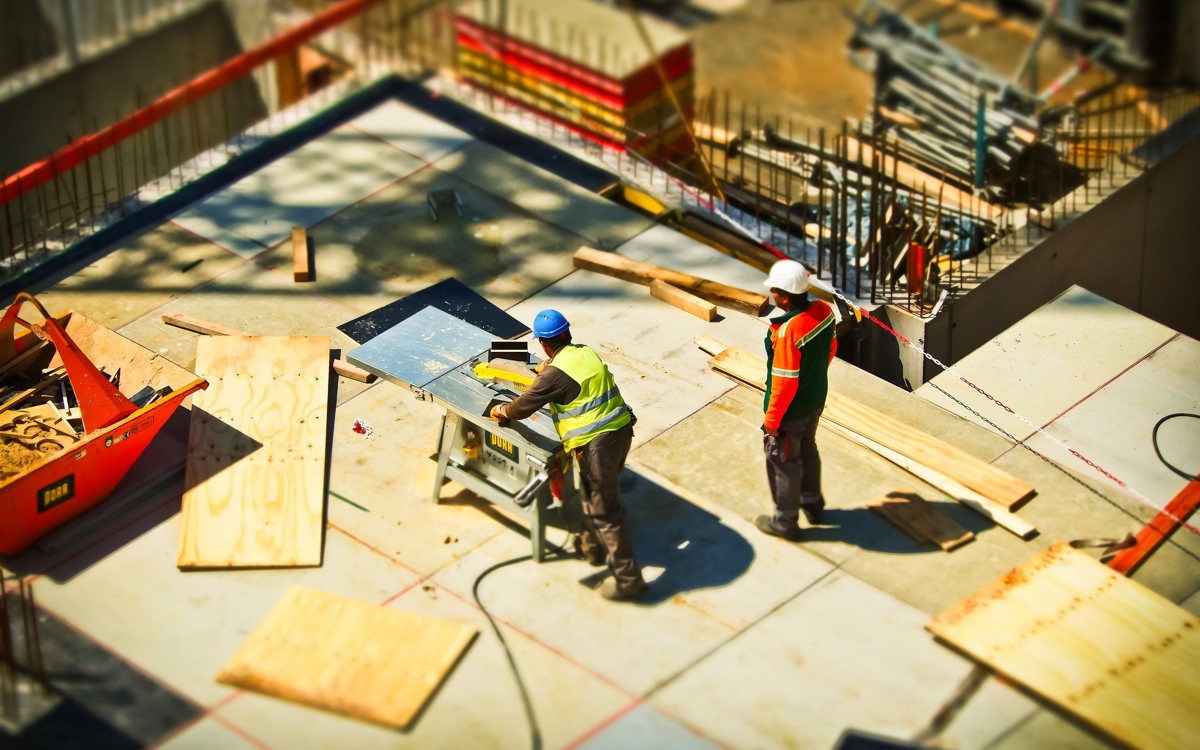By Dr David Oloke


Dr David Oloke
As the world continues to seek solutions to climate change impacts – which have been further exacerbated by the global pandemic – the need to ensure the sustainability of built environments has become increasingly urgent.
COP26 is expected to bring parties together to facilitate action towards the goals of the Paris Agreement and the UN Framework Convention on Climate Change. Discussions around the Sustainable Development Goals (SDGs) – namely, SDG 9 (to build resilient infrastructure, promote inclusive and sustainable industrialization and foster innovation) and SDG 11 (to make cities and human settlements inclusive, safe, resilient, and sustainable) – must continue to drive research and policy supporting the development of sustainable built environments globally.
Encouragingly, collaboration between different stakeholders and academics, helped through action research, case studies, and workshops, have furthered the development of concepts around the sustainable alteration and refurbishment of buildings.
Research uptake: from knowledge to action
To draw from my previous experiences, the work I did under the ACU Blue Charter Fellowships Programme focused on developing paving blocks made from recycled plastics and disseminating research findings to the relevant audiences.
We organised three workshops to inform and solicit the uptake of our research by stakeholders. The first workshop engaged manufacturers of paving blocks and similar materials. The second targeted representatives of professional bodies, while the third addressed members from waste recycling and other relevant sectors.
Collectively, these workshops facilitated improvements to the performance and commercial viability of the product we developed. For example, we drew from recommendations to improve the wearing resistance and life span of the product. We also enhanced the product’s commercial viability, by increasing the number of units produced per cycle to minimise thermal energy costs.
However, it is important to note that there were some challenges in the research-to-action process. Typically, a mix of virtual and physical networking meetings would have been most ideal for the process. Due to the advent of COVID-19, it was important to make everything work in a virtual format. We therefore administered our workshop activities and opinion or evaluation surveys in real time during our virtual events.
Lessons learned
Many lessons were learned from these research-to-action activities. In particular, research in this sector must be interdisciplinary if it is to have an impact on policy. From the outset, specialisations which embrace technical, environmental, and commercial perspectives must be drawn upon to contribute to the development of a sustainable product.
Furthermore, participatory stakeholder workshops and focus group discussions must also be integrated throughout the research cycle rather than at the end, as has been the norm in many cases. This is because regulators and end users will ultimately ensure the technical and commercial viability of a product. Therefore, their inputs at every stage of product development have significant influence over the success of the outcomes.
For me, the opportunity to mentor some of the 26 researchers of the Commonwealth Futures Climate Research Cohort has proven extremely invaluable. Most importantly, new networks were established as a precursor for potential future collaborations. It is envisaged that this eclectic mix of excellent researchers will feed into discussions at COP26 and further interdisciplinary and stakeholder-led research on the built environment, which will both enhance current debates on climate change and engender new ones.
